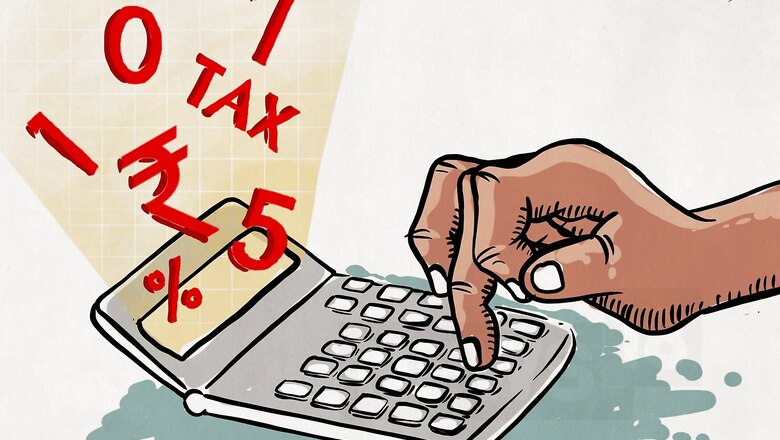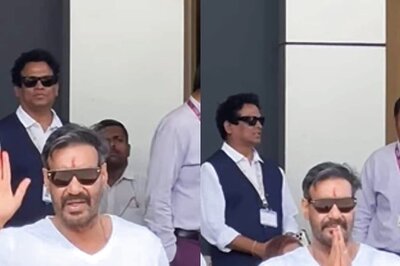
views
The mass appeal of any Union Budget depends upon the extent to which the Centre acts on direct taxes. As the name suggests, direct tax is the tax directly paid to the Government by the taxpayers. It is imposed directly by the Centre and cannot be transferred to any other entity for payment.
A taxpayer, for example, pays direct taxes to the government for different purposes, including real property tax, personal property tax, income tax or taxes on assets. The direct taxation is overseen by CBDT or Central Board of Direct Taxes in India. It was formed as a result of Central Board of Revenue Act, 1924.
It is the hub and nexus of all the Direct Tax related news and enforcement. The body is headed by the Chairman and comprises of 6 members who are also Special Secretary to the Government of India.
Even though it was an interim budget in February 2019, the then Finance Minister Piyush Goyal announced a few changes in the area of income tax for the salaried class.
The then finance minister ruled that no tax will be levied on those whose taxable income is less than Rs 5 lakh.
Standard deduction was increased to Rs 50,000 from Rs 40,000 for salaried class. This increase of Rs10,000 in standard deduction resulted in tax savings of Rs 3,000 for individuals in the 30% tax bracket (excluding surcharge and cess).
Individuals with gross income up to Rs 6.5 lakh would not need to pay any tax if they make investments in provident funds and prescribed equities.



















Comments
0 comment